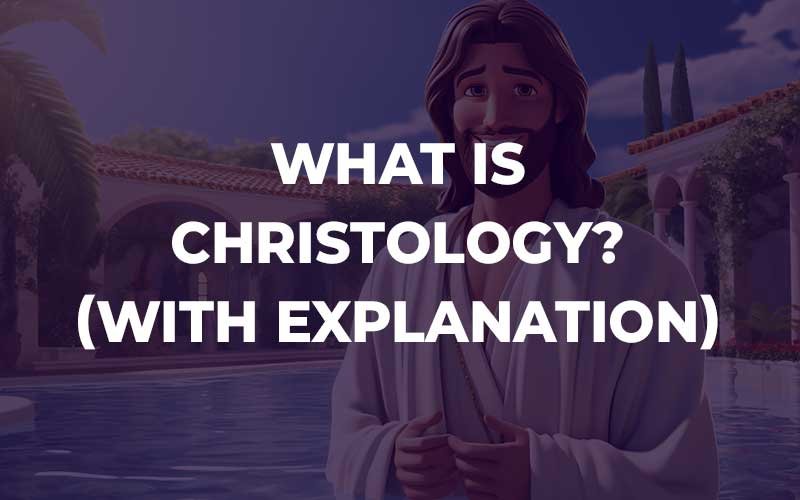The term “Christology” originates from two Greek words: Christos (Christ/Messiah) and logos (word), which together mean “the study of Christ.” This theological field delves deep into understanding the identity, nature, and mission of Jesus Christ. It addresses profound questions that shape the core of Christian faith and theology.
Who is Jesus Christ?
Across cultures and religions, Jesus is often revered as a prophet, a wise teacher, or a godly figure. However, the Bible reveals Jesus to be far more than these titles. Scripture presents Him as the eternal Son of God, the Savior of the world, and the embodiment of divine truth and grace.
Is Jesus God?
Though Jesus never explicitly said, “I am God,” His teachings and actions left no room for ambiguity. He made claims that clearly implied His divine nature. For instance, He declared, “Before Abraham was born, I am” (John 8:58), aligning Himself with the eternal God who revealed Himself to Moses in the burning bush (Exodus 3:14). His divine authority, power to forgive sins, and fulfillment of messianic prophecies confirm His identity as God.
The Hypostatic Union: Fully God and Fully Man
One of the most profound mysteries of Christology is the hypostatic union—Jesus being fully God and fully man simultaneously. This union involves no blending or diminishing of His divine and human natures. Instead, He remains one Person with two distinct, perfect natures. This truth underscores His unique ability to bridge the gap between humanity and God.
The Significance of the Virgin Birth
The virgin birth is a cornerstone of Christian doctrine, pivotal in preserving Jesus’ sinless nature. By being born of a virgin, Jesus circumvented the transmission of humanity’s sinful nature, enabling Him to be both the spotless Lamb of God and the eternal Savior who reconciles us to God.
Jesus as the Son of God
The title “Son of God” is often misunderstood. It does not imply a biological father-son relationship but rather signifies Jesus as God incarnate. John 1:1,14 affirms this truth: “In the beginning was the Word, and the Word was with God, and the Word was God… The Word became flesh and made His dwelling among us.”
Why Christology Matters
Understanding who Jesus is and what He accomplished is central to Christian faith and salvation. Many groups claim to believe in Jesus, yet their views often deviate from the biblical portrayal of Him. Christology clarifies the significance of Jesus’ deity and humanity. He had to be fully human to experience death and fully God to make His death sufficient to atone for humanity’s sins.
This study not only informs theology but also transforms lives. By recognizing Jesus as the atoning sacrifice, believers gain a deeper appreciation of His role in their salvation and their relationship with Him.
How Christology Impacts Daily Life
An exploration of Christology enriches the believer’s understanding of Jesus’ love, character, and work. His many titles in Scripture reveal the depths of His relationship with us:
- The Good Shepherd (John 10:11,14): He leads, protects, and provides for His people as a shepherd cares for his sheep.
- The Light of the World (John 8:12): He illuminates our path in a world often filled with darkness and uncertainty.
- The Prince of Peace (Isaiah 9:6): He brings calm and assurance to lives marked by chaos and worry.
- The Rock (1 Corinthians 10:4): He is a steadfast foundation upon whom we can anchor our lives.
The study of Christology is not just academic; it is deeply personal. It invites believers to marvel at the boundless love of Jesus, who, as both God and man, fully understands and cares for each of us. In Him, we find hope, security, and a transformative relationship that impacts every facet of life.


Bible Commentary, Blog, Topical Bible Verses
30 Powerful Bible Verse Fortune Cookies (Full Commentary)